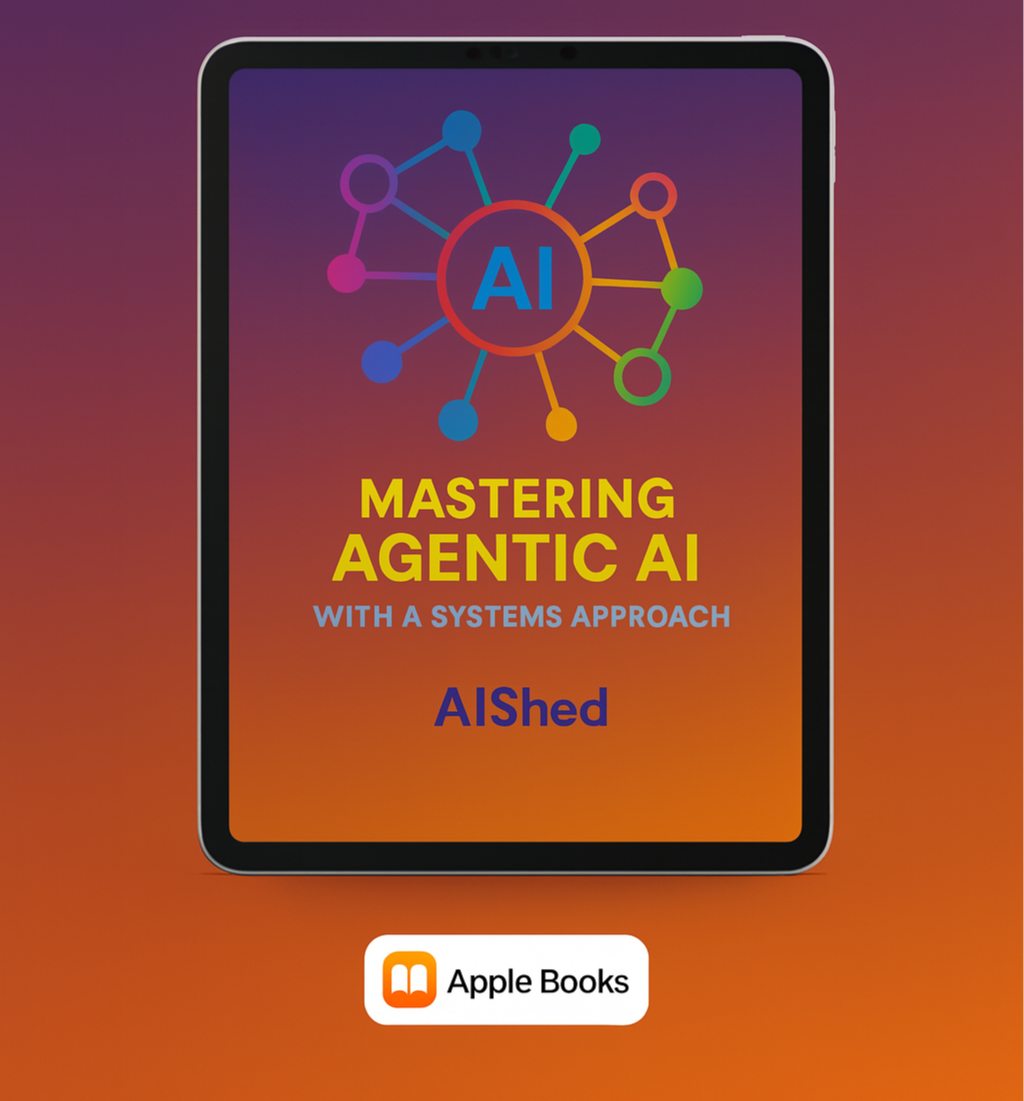Preview
1. Introduction
What is Agentic AI?: Define the concept and provide a brief history and context for why it’s important today.
The Role of Systems Engineering: Introduce systems engineering and explain why it’s a valuable approach for developing and implementing AI.
2. Foundations of Agentic AI
Key Principles of Agentic AI: Break down the core principles that define Agentic AI, such as autonomy, goal-setting, and adaptive learning.
Comparison with Traditional AI: Highlight the differences between traditional machine learning and Agentic AI.
3. Systems Engineering for AI
Systems Thinking: Explain systems thinking and how it can be applied to the design and implementation of AI systems.
Life Cycle Approach: Introduce the systems engineering life cycle and how it can guide AI development from concept to deployment.
4. Designing Agentic AI Systems
Defining Objectives and Constraints: Discuss how to clearly define the goals and constraints for Agentic AI systems using a systems engineering approach.
Architecture and Integration: Cover the design of AI architectures that support autonomy and how to integrate these systems into existing organizational frameworks.
5. Implementing Agentic AI in Organizations
Large-Scale Implementations: Explore how large organizations can leverage Agentic AI, including the challenges and strategies for success.
Applications for Small Businesses and Startups: Discuss how smaller organizations can adopt Agentic AI, focusing on flexibility and scalability.
6. Ensuring Ethical and Responsible AI
Ethical Frameworks: Present ethical guidelines and best practices for developing and deploying Agentic AI.
Human-AI Collaboration: Emphasize the importance of creating AI that complements and enhances human work rather than replacing it.
7. Future Directions and Conclusion
Emerging Trends: Look at future trends in Agentic AI and how systems engineering will continue to play a role.
Call to Action: Encourage readers to adopt a systems engineering mindset in their AI initiatives and to embrace the potential of Agentic AI.
Here a preview:


